I have always said that owning a house is one of life’s greatest accomplishments and will forever remain a dream come true for many. A major perk: you are not limited by a landlord’s rules when you own your own house—again, a source of pride and relief for many.
That is not to say the process is a walk in the park, especially if you are buying a home for the first time. I know I have shared some tips in the past, but I find it imperative to share some more.
Heads Up for The Know-It-Alls
Once you start looking for a house, the first thing you notice are people who have a number of different opinions. It is critical to disregard everyone except those who offer solid advice. Family and friends who have only bought one house in their lives are unlikely to be aware of all the vital factors of today’s home-buying process. People who have been in the real estate, home improvement, and title sectors for a long time are likely to know and understand the nitty-gritty and processes involved in buying a property, so pay attention to them. When choosing a real estate agent, look for one who has excellent recommendations from other realtors in the area and years of successful buyer representation: it is far too easy to discover a real estate agent who is only interested in making quick cash, so do not make hasty decisions. On this note, let FLOORSPACE REALTY be your plug.
- The Payment Plan
Buying a home in Ghana requires a considerable amount of money. Some institutions have purchase options tailored to suit everyone who wishes to own a house. You can own a house at the blink of an eye by paying the full selling price upfront. You can also purchase a house in Ghana by applying for a mortgage if you can’t afford to pay upfront. For those who would like to buy their homes without a mortgage but would not be able to pay the total amount in full, find out from your real estate broker or agent if instalment plans are available. It’s vital that you stay within your means, no matter how much you fall in love with a house.
- The State of the Neighbourhood
Be sure the neighbourhood, and not just the house, meets your expectations. Are homes in the neighbourhood consistent in size and features? Do the neighbours keep the yards clean and tidy? If what you see makes you uneasy, reconsider buying a house there. You should also take a look at crime ratings. While no place is fully safe, certain places are safer and have fewer crimes than others. Knowing which parts of your neighbourhood are low-risk and which are high-risk may save you a lot of stress and keep your family relatively safe. Some areas in Ghana even rely on gated communities to keep unwanted visitors out.
- Location of the Home
Homebuyers prefer to live in an area that is convenient to certain locations, such as job, school, place of worship, shopping, friends, and family, and so on. You should search for a location with convenient access to major highways. Examine the flow of traffic as well.
Alas! Doing all of these things before you buy a house might save you time and money when it comes to getting out and about in the area. Purchasing a home near your workplace or school will save you time and money on transport.





